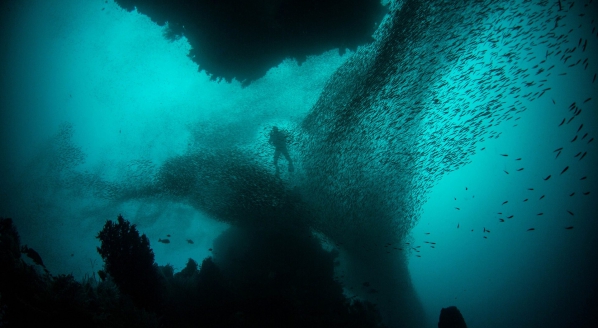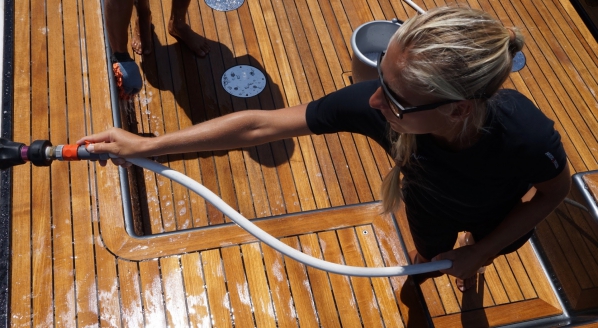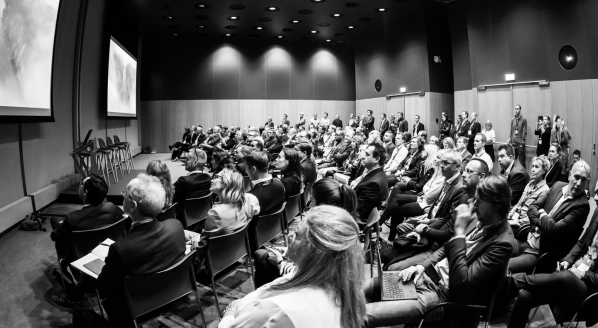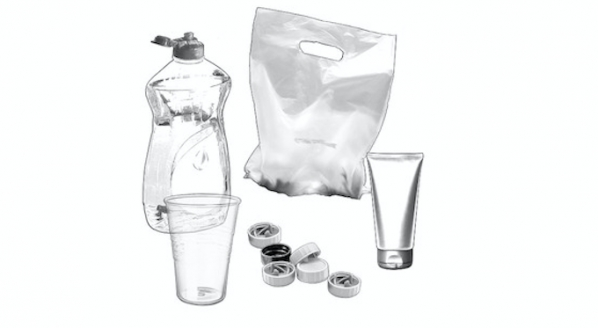Time to re-evaluate your bottom line?
The concept of triple bottom line and what the superyacht industry could learn from it…
The phrase ‘triple bottom line’, coined in 1994 by consultant James Elkington, is a theory recommending that companies place the same level of focus on social and environmental concerns as they do on profits. The ‘bottom line’ ordinarily refers to a company’s profit but the phrase ‘triple bottom line’ (TBL), suggests businesses should think beyond the financial in order to drive success. Twenty-five years after the theory’s conception, Elkington’s theory has been proven extremely prescient, with the concept dominating the global corporate discourse. Here, we consider what the superyacht market could learn from it.
According to the theory, companies should work simultaneously on the following three bottom lines:
1. Profit: Traditional corporate profit
2. People: How socially responsible an organisation has been throughout its operations
3. The Planet: How environmentally responsible an organisation has been
It should come as absolutely no surprise to anyone that sustainability is an increasingly hot topic in the superyacht world. The issue, however, goes far beyond how environmentally-friendly a particular vessel is or isn’t. Instead, quite rightly, the issue of sustainability is now looking at impact of businesses in every sector of the industry.
How are the products being made? Are the materials being sourced responsibly? Are shipyards, for example, using teak from sustainable forests? Are these same shipyards investing in what they are taking away from the planet?
The triple bottom line theory had a part to play in a number of large enterprises, such as Nike and Tesco, re-evaluating their practices. What would your business’s environmental bottom line look like if you evaluated it?
The argument for sustainable practices need not only be an ethical one. While the degree to which customers engage with these issues varies, the number of concerned clients is certainly growing. Being sustainable, therefore, is not just an ethical decision, it is also a means by which companies can distinguish themselves from their unsustainable competitors, a factor that is irrefutably a market advantage these days. In a social and political environment that stresses the importance of individual responsibility, where consumers are held to account for their decisions, the allure of sustainable options is growing daily. In this sense, having sustainability as a bottom line can yield tangible benefit.
The same can easily be said of social responsibility. It may be tempting for less enlightened individuals to dismiss Elkington’s theory as being ‘wishy washy’. Surely businesses are only as good as their financials? But, who wouldn’t want to work for a company that places employee welfare, equality and charity at the heart of what it does. Every employee is a brand ambassador – imagine if every ambassador felt cared for and fairly treated?
In addition, what do businesses give back to various communities? How, for example, do superyacht businesses support the local communities they rely on to provision and support the vessels? What would your business’ social bottom line look like?
The basis of Elkington’s theory is this; if you measure it, you can manage it. In a practical sense, the theory has largely been discredited, after all, how do measure environmental and social value? Nevertheless, the theory does raise some interesting questions about the motivations of enterprise.
During The Superyacht Forum 2019, we will be considering everything from business practices and sustainability to the future of the work force and machine learning. Could the triple bottom line theory have a part to play in the future of enterprise? Join us in Amsterdam from 18-20 November to find out.
Remaining tickets to The Superyacht Forum 2019 are available here. Join us from 18-20 November in Amsterdam and enjoy three days of engaging workshops, thought-provoking keynotes, and interact with leading minds from our market to learn about the subjects that you and your clients need to know.
NEW: Sign up for SuperyachtNewsweek!
Get the latest weekly news, in-depth reports, intelligence, and strategic insights, delivered directly from The Superyacht Group's editors and market analysts.
Stay at the forefront of the superyacht industry with SuperyachtNewsweek
Click here to become part of The Superyacht Group community, and join us in our mission to make this industry accessible to all, and prosperous for the long-term. We are offering access to the superyacht industry’s most comprehensive and longstanding archive of business-critical information, as well as a comprehensive, real-time superyacht fleet database, for just £10 per month, because we are One Industry with One Mission. Sign up here.
Related news

The Art of Business
Technology entrepreneur Jasper Smith will open The Superyacht Forum 2019
Business

Choosing eco-friendly cleaning products
Angus Johnston of Ecoworks Marine explains how to choose products that are kinder to the marine environment
Crew

La Ciotat to form a maritime cluster?
A number of stakeholders met to determine whether or not La Ciotat should establish a maritime cluster
Business

The real impact of ceramic coatings
At TSF we plan to dissect the idiosyncrasies of cosmetic solutions to decipher if they are good or bad
Technology

Superyacht cybersecurity: a whole of industry approach
The Atlas Cybersecurity team offer advice on how to become cyber assets and not cyber liabilities
Technology

Related news
The Art of Business
5 years ago
Choosing eco-friendly cleaning products
5 years ago
La Ciotat to form a maritime cluster?
5 years ago
The real impact of ceramic coatings
5 years ago
A sign of the times
5 years ago
Time to set the agenda
5 years ago
NEW: Sign up for
SuperyachtNewsweek!
Get the latest weekly news, in-depth reports, intelligence, and strategic insights, delivered directly from The Superyacht Group's editors and market analysts.
Stay at the forefront of the superyacht industry with SuperyachtNewsweek



